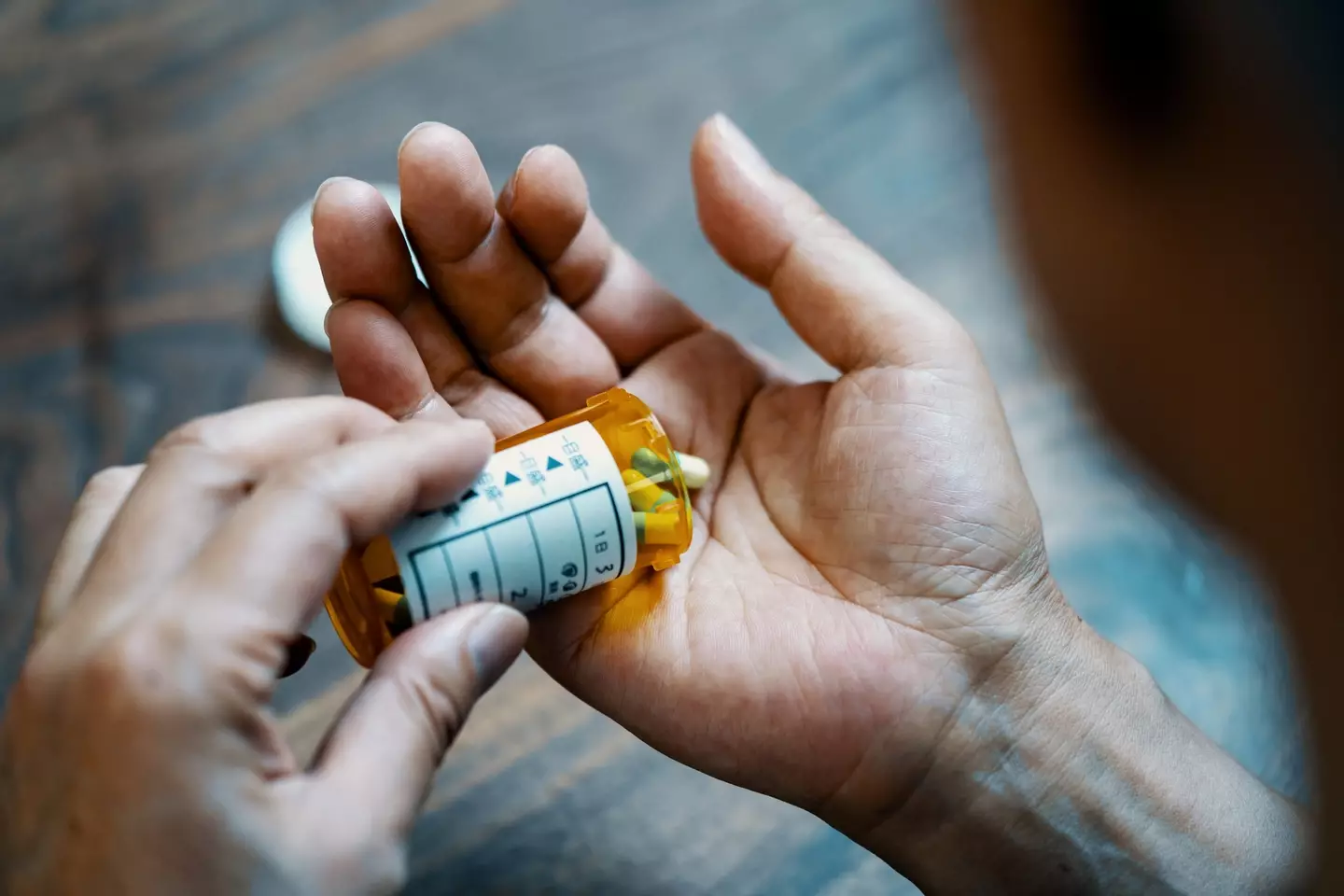
People who take a commonly prescribed medication have been issued a warning by the NHS.
This is because the drug in question can lead to dangerous complications when taken alongside certain other medicines.
According to the British Journal of Clinical Pharmacology, the drug is among a list of the most commonly prescribed medicines across England.
According to Lloyds Pharmacy, 24.6 million items of it were prescribed in 2017, which is roughly one for every person in Northern England and the Midlands.
Advert
However, the NHS has issued a warning as the drug comes with some strict requirements of who can take it safely.
The medication we're talking about is lansoprazole and it reduces the amount of acid your stomach makes.
As per the NHS website, it's used for indigestion, heartburn, acid reflux and gastroesophageal-reflux-disease (GORD), as well as for the prevention and treatment of stomach ulcers.

Sometimes, lansoprazole is also taken for a rare condition caused by a tumour in the pancreas or gut called Zollinger-Ellison syndrome.
It comes in a capsule and tablet form and is only available on prescription in the UK.
The health website explains that when lansoprazole is taken with certain medicines, they can affect each other and make it more likely that you will have side effects or stop one of the medicines working as well.
You should tell your doctor if you're taking any of these medicines before you start lansoprazole treatment:
- Digoxin (a heart medicine)
- Antifungal medicines such as itraconazole, ketoconazole or posaconazole
- Methotrexate (a medicine that treats psoriasis and rheumatoid arthritis)
- HIV medicines
- Phenytoin (an epilepsy medicine)
- Rifampicin (an antibiotic)
- Clopidogrel or warfarin (medicines to prevent or treat blood clots)
- Fluvoxamine (an antidepressant)
And this long list is not actually all - the NHS outlines that these are not all the medicines that may not mix well with lansoprazole. The full list can be found inside your medicines packet.
You should also be cautious when mixing lansozaprole with some herbal remedies and supplements.
Experts at the NHS explain that you shouldn't take St John's wort, the herbal remedy for depression, while you're taking lansoprazole. This is because it may stop lansoprazole working as well as it should.

There's also not enough information to say that other herbal remedies are safe to take with lansoprazole as they're not tested in the same way as pharmacy and prescription medicines.
The NHS outlines that they're generally not tested for the effect they have on other medicines.
So, it's best to avoid them or tell your doctor or pharmacist if you're taking any other medicines, including herbal medicines, vitamins or supplements.
There is also a lengthy list of side effects associated with lansoprazole, as well as some more serious ones that mean you'll need to take a trip to A&E.
As per the NHS, these are the common side affects - you should talk to your doctor or pharmacist if they bother you or do not go away:
- Headaches
- Feeling sick
- Diarrhoea or being sick (vomiting)
- Stomach pain
- Constipation
- Wind
- Itchy skin rashes
- Feeling dizzy or tired
- Dry mouth or throat

There are also a few more serious side effects. They are rare and happen in less than 1 in 1,000 people, but call a doctor or call 111 straight away if you have:
- Joint pain along with a red skin rash, especially on your arms, cheeks and nose (which may be less noticeable on brown or black skin) – these can be signs of a rare condition called subacute cutaneous lupus erythematosus. This can happen even if you've been taking lansoprazole for a long time
- Stomach pain that seems to be getting worse - which could be a sign of an inflamed liver or pancreas
- Severe or persistent diarrhoea - this can be a sign of an inflamed bowel
Finally, before taking the medicine, you should inform your doctor if you've ever had an allergic reaction to any medicines, have liver problems, are pregnant, trying to get pregnant or breastfeeding, or you're due to have an endoscopy.